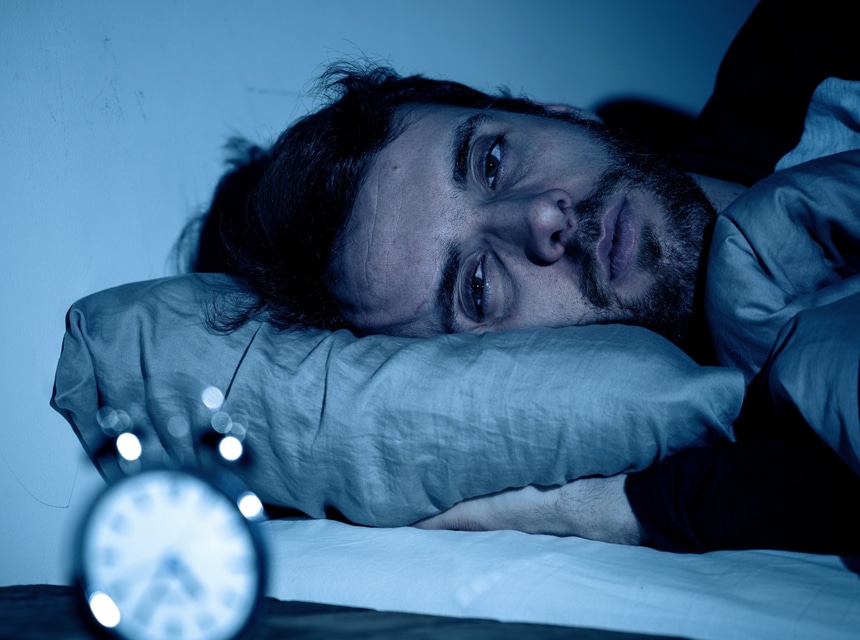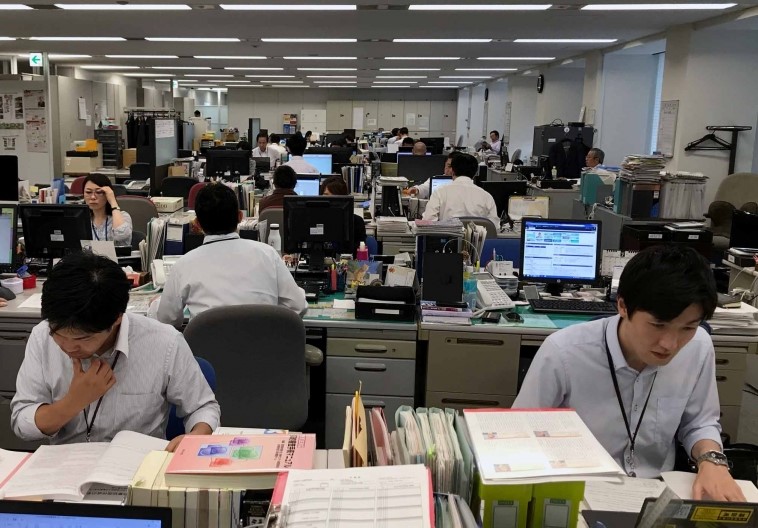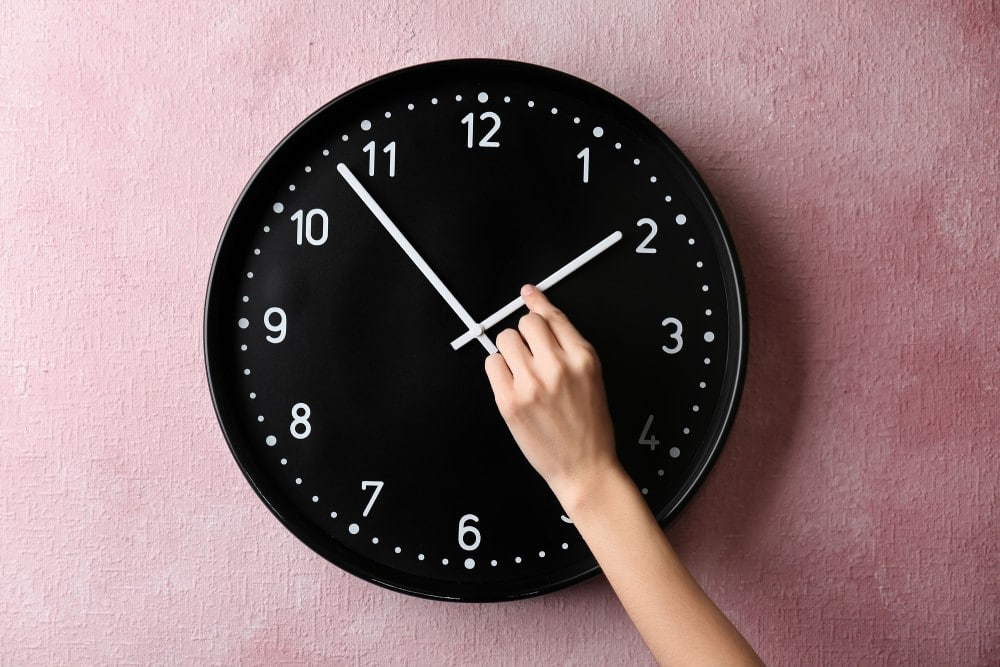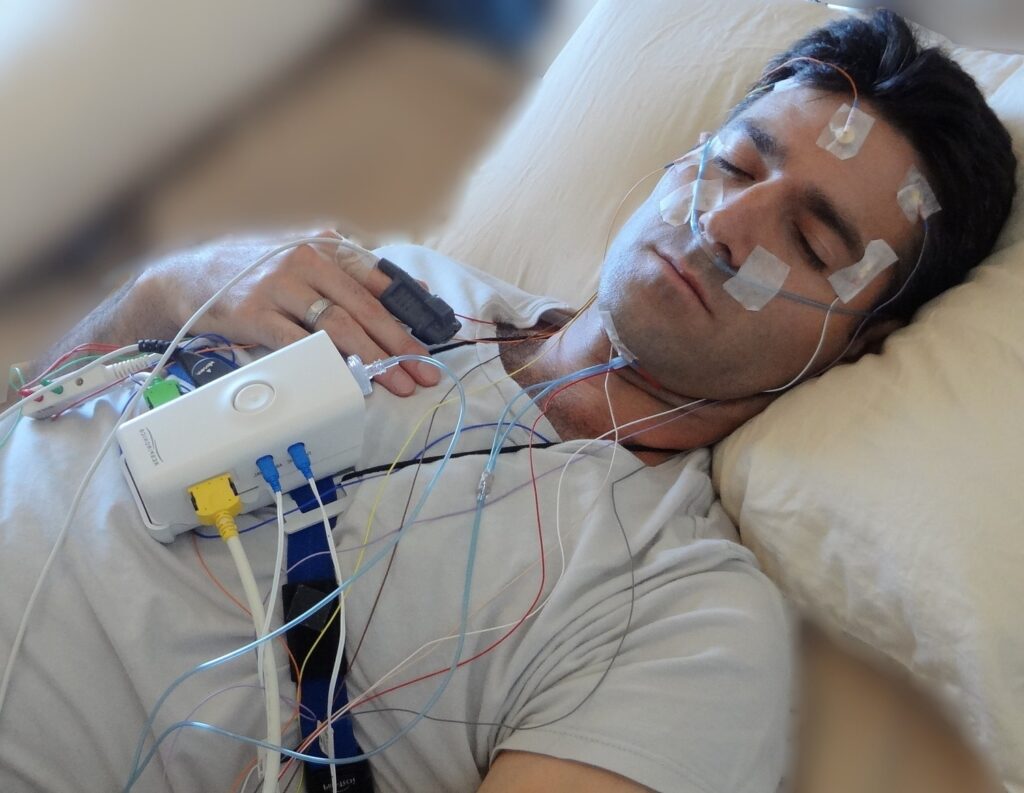

There’s a close relationship between sleep and mental health. People that suffer from depression or anxiety have a hard time sleeping, and on the other hand, poor sleep can result in excessive worrying and anxiety. According to the Sleep Foundation Trusted Source Mental Health and Sleep | Sleep Foundation Sleep and mental health are deeply intertwined. Learn about the complex relationship between sleep and mental health problems and how to improve both. www.sleepfoundation.org , sleep has been linked to emotional and mental health. People that have sleeping difficulties often display symptoms of depression, bipolar disorder, and anxiety.
Oxford Health NHS Foundation Trust and Big Health, a renowned digital therapeutic organization that helps people with their mental health problems, recently conducted and announced a joint study. The research, which was published in the Behavior Research and Therapy journal, involved people that were seeking treatment for depression or anxiety and also had a hard time sleeping. It revealed that 65% (close to two-thirds) of them experienced a substantial improvement in their mental health when they integrated NHS Improving Access to Psychological Therapies program (IAPT) care with Big Health’s digital therapeutic for insomnia program, Sleepio, as opposed to only using IAPT care. The study also revealed that the participants who enrolled in Sleepio also utilized their high-intensity IAPT treatment less, including elements of personalized therapy that experienced mental health professionals conducted.
This study was hosted via the Buckinghamshire, England IAPT service and Healthy Minds Bucks, which are a part of NHS services. The Oxford Academic Health Science Network delivered it, while the UK Research and Innovation grant was responsible for the funding. This research was an integral aspect of a mental health program that involved a wider population and enabled easy access to Sleepio for adults located in the Thames Valley either through a GP prescription, self-referral, or any form of mental health services.
To ensure the research would yield comprehensive results on the effects of integrating psychological therapies and self-care models with sleep, the study involved more than 1,000 IAPT patients. 50% of them enrolled in Sleepio, while the rest (control group) only used NHS IAPT. This research was conducted over a period of 12 months and revealed that Sleepio users generally had a better outcome when it came to social functioning, anxiety, and mood. They also exhibited higher recovery rates of 65% compared to 58% for the control group.
Mental health services and primary care rarely address the psychological impacts of poor sleep. According to the BBC Trusted Source Search BBC Teenagers can sometimes struggle to get out of bed in the morning – but ensuring they get enough sleep could be vital for health in later life. www.bbc.com , sleep problems among teenagers are often predictors of future depression. There’s also clinical evidence that shows comorbid mental health conditions are directly related to insomnia. Some of the leading treatment guidelines, such as NICE (National Institute for Health and Care Excellence), recommend CBT (cognitive behavioral therapy) as an effective treatment for insomnia. Unfortunately, patients that seek help are often prescribed medication and asked to attend therapy. This is why it’s refreshing that Big Health’s Sleepio and other leading programs use digital means to deliver CBT, ultimately allowing patients to access high-quality treatment 24/7 irrespective of their clinical setting.
Currently, England’s IAPT program assesses around 1 million people annually and utilizes the step care model. This is where the patients start with a low-intensity treatment, and then those that exhibit greater needs are upgraded to more intensive intervention. Their long-term plan is to help almost 2 million people access these treatments annually.





